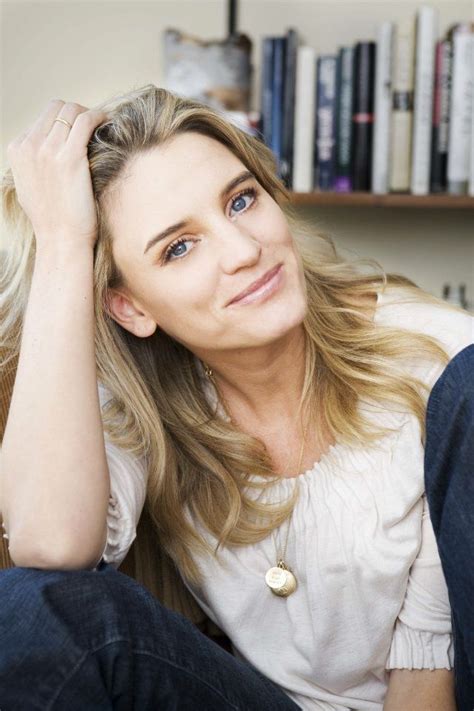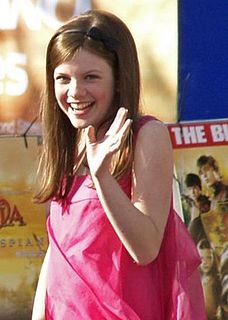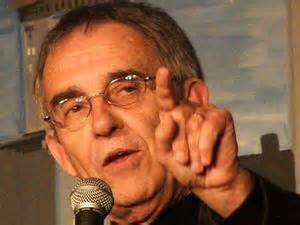A Quote by Mark Waid
I don't write stories about despair. I write stories about hope.
Related Quotes
I believe that if a child has a feel for writing and wants to write, there is an audience. Children should just dive in and go at it. I would encourage children to write about themselves and things that are happening to them. It is a lot easier and they know the subject better if they use something out of their everyday lives as an inspiration. Read stories, listen to stories, to develop an understanding of what stories are all about.
When I was about twenty-one, I published a few poems. Maybe I wrote a couple of stories before, but I really began to write stories in my mid-thirties. My kids were still little, and they were in school and day care, and I had begun to think a lot about wanting to tell some stories and not being able to do it in poetry.
I have always felt a little bit uncomfortable with question [why I'm write these stories]. It's not a question that you would ask a guy that writes detective stories or the guy that writes mystery stories, or westerns, or whatever. But it is asked of the writer of horror stories because it seems that there is something nasty about our love for horror stories, or boogies, ghosts and goblins, demons and devils.
I thought I could capture the stories of the city on paper. I thought I could write about the horrors of the city. Horror stories you see. I tell you I didn't have to look far for material. Everywhere I looked, there were stories hidden there in the dark corners. . . . I wrote and still there were more. . . . No one would publish them. 'Too horrible,' they said. 'Sick mind,' they said. I thought I could write about the horrors of the city but the horror is too big and it goes on forever.






































